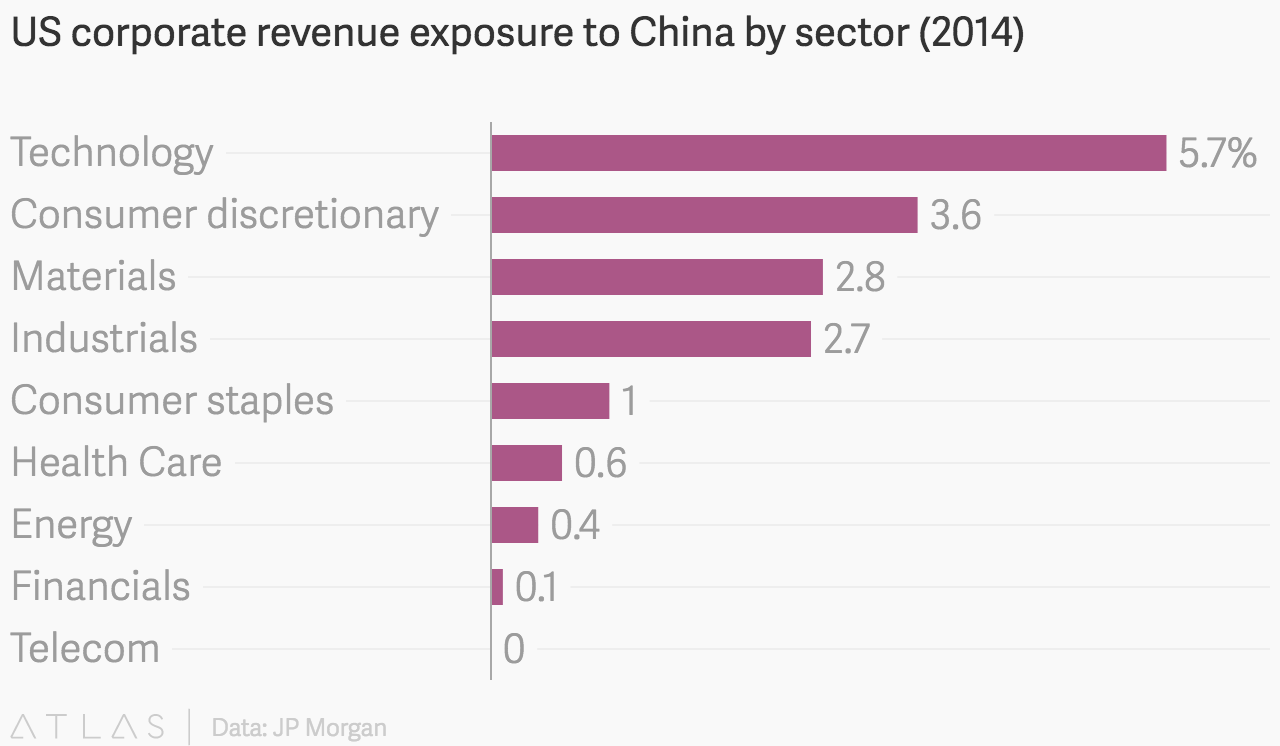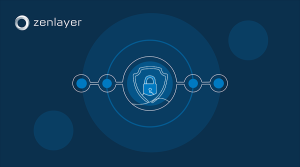This Friday, Zenlayer’s President & CEO will be speaking on innovation and entrepreneurship in China and the United States at MIT China Innovation & Entrepreneur Forum (CHIEF). Founded in 2011, MIT-CHIEF is a not-for-profit student organization that promotes intellectual exchanges and collaborations between China and the United States in technology, innovation, and entrepreneurship.
Trading Technology with China
Despite being an ocean apart, China represents 15.7% of total trade in the US, which surpasses Canada and Mexico. The bond between the two giants in the IT sector was solidified under the World Trade Organization’s (WTO) Information Technology Agreement (ITA).
The WTO estimates that the ITA expansion will eliminate tariffs on approximately $1.3 trillion in annual global exports of information and communications technology products, which industry estimates will increase annual global gross domestic product by an estimated $190 billion. The number of participants has grown to 82, representing about 97% of world trade in IT products.

According to JP Morgan, technology is the top sector when measured by “revenue exposure to China,” with 5.7% of their total corporate revenue exposure originating from China.
“Twelve of the top fifteen companies with the highest “revenue exposure” in China are involved in chips, and some of them earned the vast majority of their overall revenue in China.” – Morgan Stanley
Building a Wall
However, free trade is all but certain under the current US Administration. Rumors of a 45% technology tariff earlier this year may drastically change how businesses operate across the Pacific.
Regulatory Barriers
Meanwhile, many American companies have found venturing through the Chinese regulatory maze to be daunting. Even large multinational companies, like Apple Inc. have conformed to the Great Firewall of China. The tightening of information comes ahead of China’s Communist Party Congress on October 18, 2017.
“China under Xi is now not only trying to control the information environment in China but also the external information environment when it pertains to China.”– Anne-Marie Brady, professor at the University of Canterbury
As part of the “cleaning up” campaign, locally-based VPN providers need to be approved by the authorities before they can continue business or risk operating illegally. Data centers, internet service providers, and content distribution networks will also have to comply with the rules. Specifically, foreign entities will need to obtain an Internet Content Provider (ICP) license in order to comply with Chinese information laws.
This will inevitably cause major disruption for many companies wanting to operate in China.
Building Bridges
MIT-CHIEF will be discussing how American and Chinese entrepreneurs can capitalize on the opportunities and navigate the hazards of launching and running a company in both US and China. Topics will include:
- What does it take for an IT startup to be successful China?
- What should a startup consider when doing business in China?
- How do you monetize new technologies in China?
- How effective is innovation in driving business growth in China?
- How does a startup compete against Baidu, Alibaba and Tencent (BAT)?
- How do startups compete in a price war with tech giants?
- What is the high tech investment environment in China?
- What are the rules and regulations regulating that are enforced in China?
- What is the role of partnership in technology, business, and investment?







